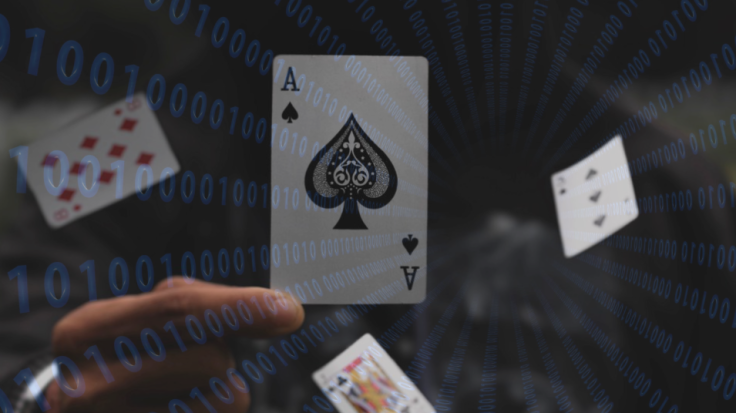The Role of Random Number Generators in Fair Online Poker Gameplay
From algorithmic shuffling to quantum physics, the invisible forces behind online poker ensure games are as unpredictable—and fair—as a live deck.

Imagine that, like shuffling a deck of cards, you're eagerly awaiting each new card. Events in physical poker line up with actual randomness; it's a blind fusion of shuffling, dealing, and luck. So how does this work on the web? Below online poker room windows and interfaces lies a complex framework that ensures fair and honest play: the Random Number Generator (RNG).
It's more than just mathematical calculations done in milliseconds. This type of RNG becomes a fair virtual 'referee' in online poker. Understanding its function shows how technology fairly creates virtual games.
How Randomness Powers Digital Fairness
Every online poker game starts with a silent computation. RNGs generate strings of numbers that determine which cards are dealt, replacing the hand shuffle you see in casinos or home games.
These numbers aren't truly random, they are actually created so that from a mathematical standpoint, they can't be predicted. Each card is isolated from the one that came before it, so users can't use previous outcomes to try to predict future results.
Try guessing the next card in a shuffled deck — highly unlikely, isn't it? Now try to guess the next card which has been selected by an algorithm that mixes 'hardware inputs' like processor temperature with 'software data' like user mouse movement. This is scientific mixing that makes each game feel unpredictable, just like its real-life equivalent.
The majority of games never cease shuffling after the hand begins. The cards are re-randomised until they are all dealt out. It's almost impossible to know which card will be dealt next. This is why it is so important to choose a secure, reliable, and verified platform to play online poker.
Keeping Deck Integrity
But how can players be sure that these systems are performing as they should? Digital randomness trust isn't a matter of faith. It's upheld through rigorous testing and surveillance by independent bodies like eCOGRA and iTech Labs.
These organisations use mathematical tests, chi-square distributions, say, to verify RNG output against the expected randomness. It's not a single test. Sites seeking licences from the governments of jurisdictions like Malta or the UK are audited continuously.
For those who are still in doubt, some even let the public see their code. Being transparent is now very important in obtaining player trust. Yet skepticism remains.
Why People Still Get Suspicious
Even with the protection, suspicion persists. Players feel that the numbers conspire against them, especially after a sequence of bad hands. This is a psychological reaction, not evidence of bias. It's human nature to look for patterns where there are none. When a player has three consecutive losing pocket aces, it feels wrong, but mathematically not impossible.
Early systems had flaws. The early RNGs were flawed (late '90s). But systems have advanced past those early stages by now. Most are cryptographically secure, immune to manipulation or decoding.
Interestingly, sites like CoinPoker enable players to assist in the shuffling process through blockchain-based entropy. It's similar to allowing the players to cut the deck, even in a computer game.
As companies address concerns, new technology is revolutionising the creation of randomness.
Where RNGs Are Headed Next
Randomness is evolving. New technologies like quantum RNGs tap into physics, using subatomic behaviour to generate true unpredictability. It sounds like something from science fiction, but it's already being studied. Meanwhile, artificial intelligence moves in to guard RNG systems, filtering out anomalies in real time.
It's not just about having a safety net but allowing the player to look beneath the hood and view the entire process so that these platforms cultivate trust at a more elementary level with the player. This is an extremely fine balance of technology with regulation and user experience.
Ultimately
RNGs are invisible but play an important role with respect to online poker. These are silent observers of justice, declaring each card to be just as secretly arbitrary as if drawn from immaculately well-shuffled decks.
With developing technology comes the efficacy and transparency of these systems -- the closing of that gulf between machine effectiveness and human trust. No player has seen the RNG in action, but it is the a posteriori reason for which the game may be authentic and just in online environments.
© Copyright IBTimes 2025. All rights reserved.





















